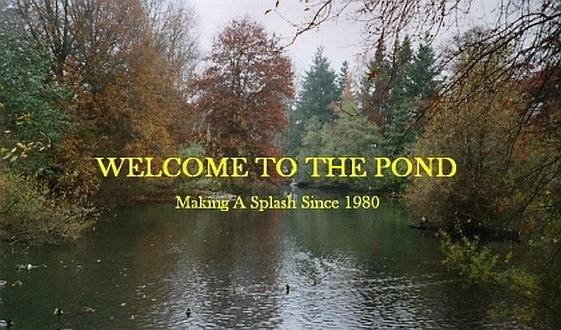Thursday, March 25, 2010
MINI REVIEW: COLD MOUNTAIN ORIGINAL SOUNDTRACK
Artist: Various artists including Alison Krauss and Jack White
Album Title: Cold Mountain (Music From The Miramax Motion Picture)
Genre: Folk/Americana
2003
Sony Records
When did I buy it?: A friend bought it for me, and it must have been in the year 2004. I can't remember for sure.
Why did I buy it?: I saw the movie and was really intrigued by the music. I had read an article about the soundtrack album, how it was supposed to be like "O Brother, Where Art Thou?" but with older styles of music. While watching the movie, one of the Alison Krauss songs won me over and I must have mentioned it to the friend who bought it for me.
What are the best songs?: First, I must mention the Sacred Harp Singers at Liberty Church. Sacred Harp singing uses shape notes and seems to be primarily church music. It's a very old tradition in American music, and two performances are included here -- "I'm Going Home" and "Idumea." The former is a rousing performance, very rhythmic and joyous. The latter, however, steals the show and is probably the finest song on the entire album. It's a tsunami wave of voice, one powerful voice that goes straight to your heart and soul. It sounds like the soundtrack to the end of the world. I cannot remember which scene used "Idumea," but one doesn't need a scene to appreciate this masterpiece. I can't make out too many of the words, but just listening to the sound of the combined voices moves me greatly. I also like how one can sometimes make out the louder of the voices above all the rest.
There are some great, simple fiddle-and-banjo tunes by Tim Eriksen, Riley Bagus, Stuart Duncan and a few others, traditional musicians all. The best of these is Tim Eriksen's "Am I Born To Die?" The fiddle has a mournful, droning quality that matches the sorrow of Tim's vocal. You can really feel the sadness and despair in his voice, even without paying attention to the words. The peoples of Appalachia descend from the Scottish and Irish, and the sound of Tim Eriken's voice here is the voice of centuries of suffering and hard times shared by anyone Celtic.
"Like A Song Bird That Has Fallen," by the Reeltime Travelers, is a good, honest, simple song with percussive banjo, droning fiddle and good folky female vocals. It's quiet, and it's delightful.
Another of the best songs on this soundtrack is Cassie Franklin's "Lady Margret." This is a ballad, a Child Ballad in fact, sung a capella. I'm a sucker for simple, direct songs such as these with no instruments to distract from the power of the human voice. And what a voice Ms. Franklin possesses! I love how she plays around with the vowels and the rhythms of the words. This is an authentic, gripping, haunting song and I just adore it.
Jack White of the White Stripes contributes several songs to this soundtrack, and he does quite well. His best performance is "Great High Mountain," as Appalachian as they come. It sounds almost like a Stanley Brothers song and, once again, the fiddle here has a droning quality that reminds one of bagpipes. Listen closely and you'll hear echoes of the Old Country in that fiddle.
Lastly, Alison Krauss' "You Will Be My Ain True Love" is just incredible. This is the song that made me want the album. It's in a minor key and has beauty, sorrow, and so much more. It's used in a particularly powerful scene in the movie, and when you see this song playing with those images, you won't forget either.
Any bad stuff?: Gabriel Yared's contributions stick out like a sore thumb. They are pieces from the movie's score, and while they might be perfectly fine, they just don't fit in with an album full of songs. They're tacked on to the end of the album, four in a row. I think I've only listened to a couple of them in their entirety.
Overall thoughts: I have a great appreciation for traditional American music like what you find on this album, and the older and simpler, the better. Truth be told, I like this album much more than "O Brother, Where Art Thou?" Most of the songs here fit the Civil War theme - quiet, dignified, bittersweet, full of barely-restrained pain. This is music for thinking and feeling, not for dancing. What I like best about the album is the great variety of styles represented. This album includes contemporary folk, authentic-sounding 19th Century folk, mountain balladry, Sacred Harp singing, fiddle tunes and more. The music here is very simple compared to what we have now, but there's something sacred about the simplicity. This is what it used to sound like, decades before recorded music and performing bands. This is music for home, for church, and for one's self.
This album doesn't get the same amount of attention as "O Brother," and I think a lot of people are missing out on some truly great music. The music here led to the kind of music on "O Brother," and it's every bit as good. There are some absolutely amazing performances on this album, and I wish more music fans would take a listen to it.
Posted by
Russ
at
9:16 PM
![]()
Labels: album reviews, music, reviews
Subscribe to:
Post Comments (Atom)









No comments:
Post a Comment